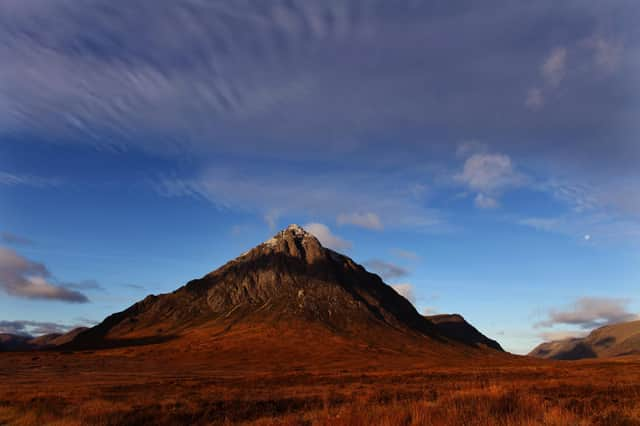Thomas Ratcliffe Barnett's Scottish nature writing conjured magical words of wisdom – Laura Waddell


My curiosity was piqued by the title of the otherwise unassuming, worn, blue book, Scottish Pilgrimage in the Land of Lost Content. To a modern ear, content sounds like digital noise, and its loss an appealing prospect. Barnett referred instead to contentment, and was highly attuned to the moods induced by Scottish scenery, composing short chapters detailing his treks around lochs, moors, hills, and historical sites, sharing tidbits of knowledge and conversations with locals – an intriguing pic’n’mix.
In his chapter, The Harvest of a Quiet Eye: The Beauty of Common Things, Barnett challenges himself to write about what is afore him, to record “with truthfulness and simplicity” what he has seen and heard.
Advertisement
Hide AdAdvertisement
Hide AdOut of the exercise comes this: “Above the bridge there is a green bank, and above the bank you can see the white gable of a cottage. Behind the white gable is a tree, hanging with red rowans. Above the red rowans stretches a deep blue sky without a cloud, and all around lie the purple moors. What is there in this small cottage, when we think of the infinite variety of scenery in Scotland? But, look again – at the amber water, the green bank, the white gable, the red rowans, the blue sky, the purple moors, and surely here is a riot of colour in the commonplace, and an encouragement to the humblest soul to think noble of self and so realise the divine possibilities that are in us all.”
I read these words on an endlessly grey day, after hours of cold, mizzling rainfall. There is condensation on my windows and the transportative glow of a sunny and warm Scottish day feels far off. Still, I can feel the magic Barnett conjures through warming to his delight.
The chapter ends with wise words: “It must ever remain true that while haste and hurry are chasing the peace out of life today, there will always be ample room for the harvest of a quiet eye.” Published 80 years ago, in 1942, this is a reminder some things never change, but that the power to wrest control over our attention lies within us.
Comments
Want to join the conversation? Please or to comment on this article.
